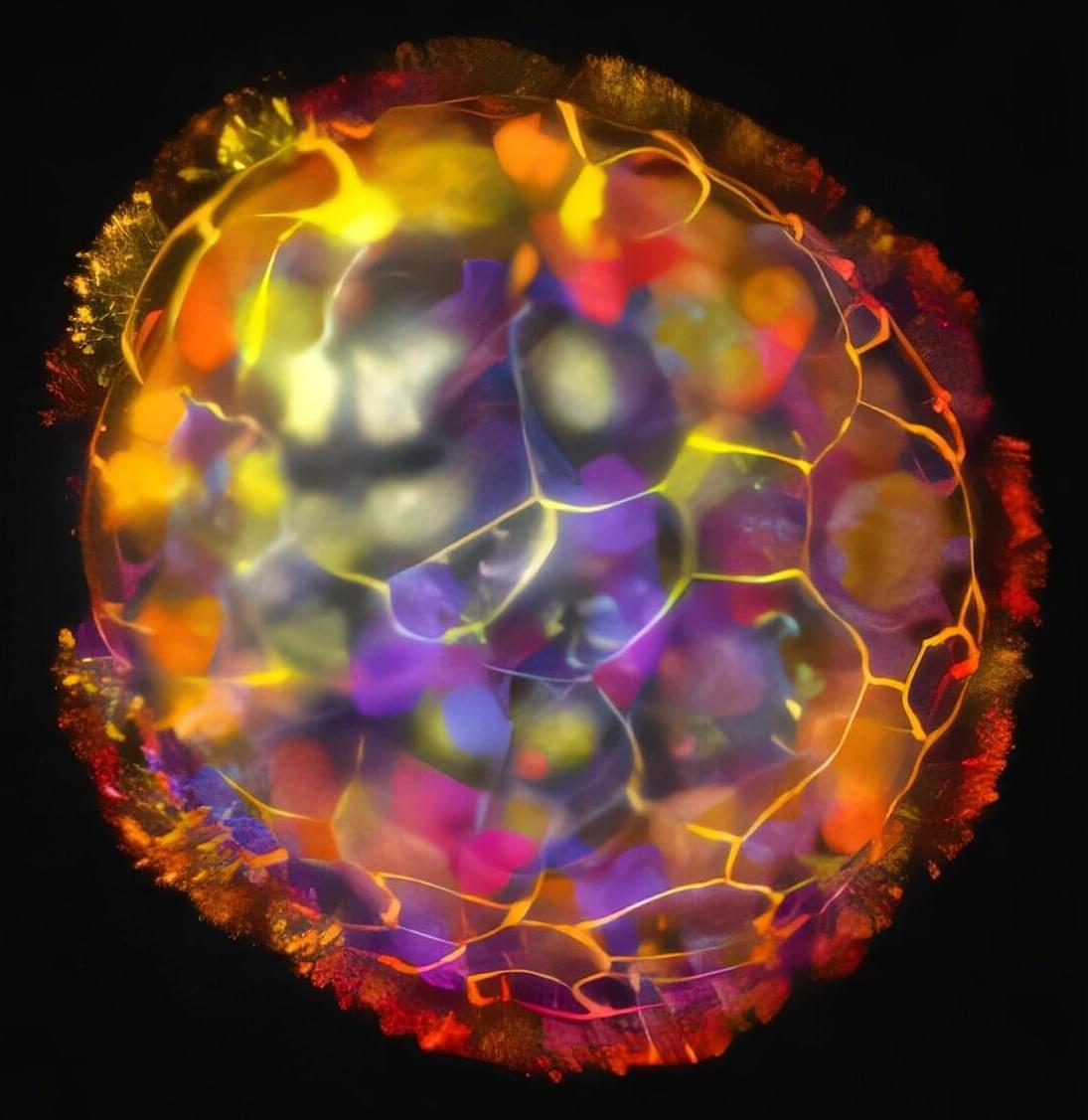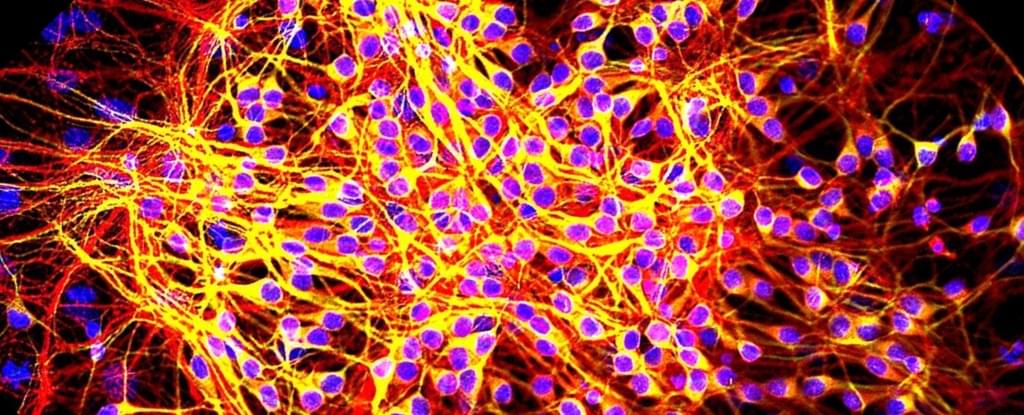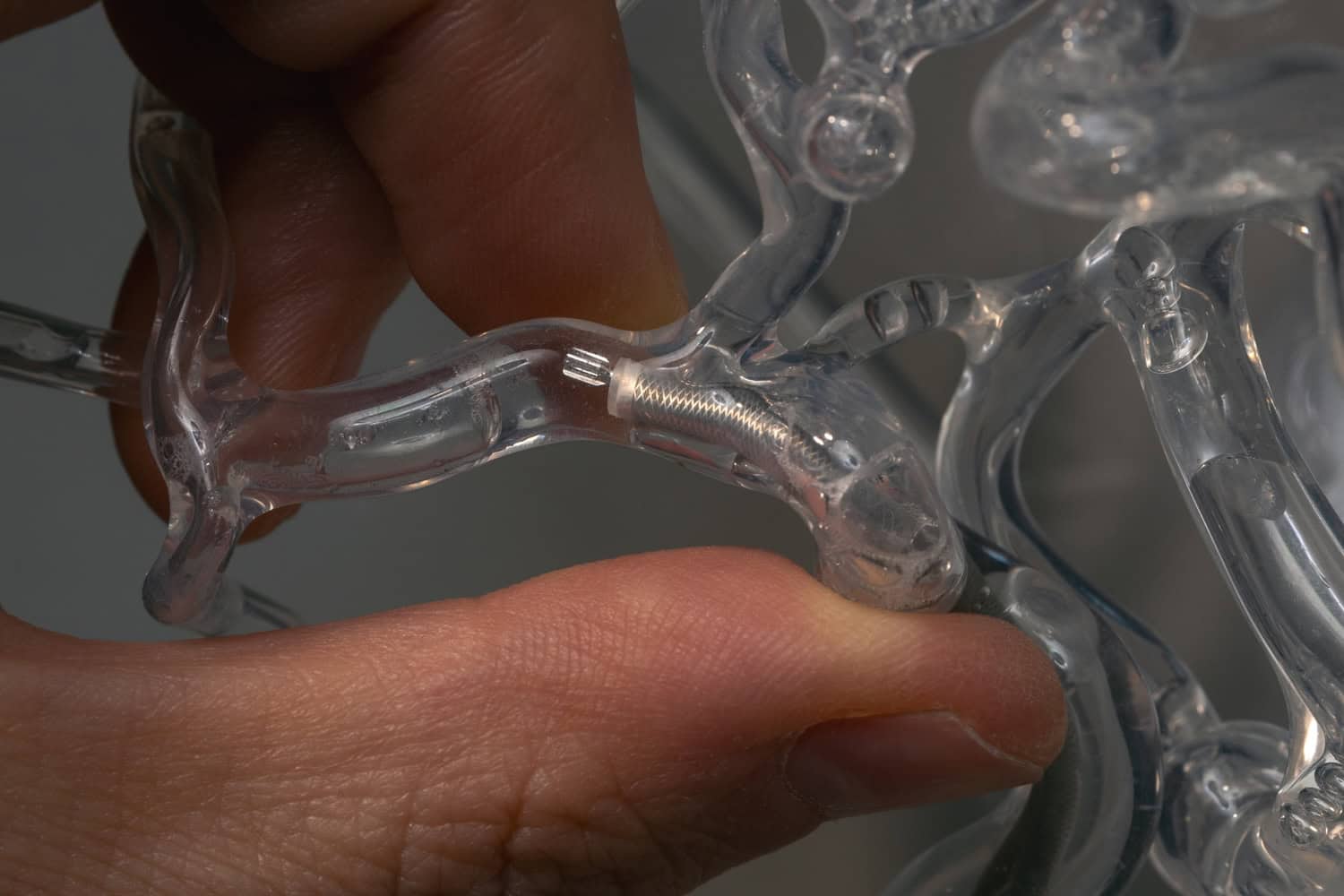Does the use of computer models in physics change the way we see the universe? How far reaching are the implications of computation irreducibility? Are observer limitations key to the way we conceive the laws of physics?
In this episode we have the difficult yet beautiful topic of trying to model complex systems like nature and the universe computationally to get into; and how beyond a low level of complexity all systems, seem to become equally unpredictable. We have a whole episode in this series on Complexity Theory in biology and nature, but today we’re going to be taking a more physics and computational slant.
Another key element to this episode is Observer Theory, because we have to take into account the perceptual limitations of our species’ context and perspective, if we want to understand how the laws of physics that we’ve worked out from our environment, are not and cannot be fixed and universal but rather will always be perspective bound, within a multitude of alternative branches of possible reality with alternative possible computational rules. We’ll then connect this multi-computational approach to a reinterpretation of Entropy and the 2nd law of thermodynamics.
The fact that my guest has been building on these ideas for over 40 years, creating computer language and AI solutions, to map his deep theories of computational physics, makes him the ideal guest to help us unpack this topic. He is physicist, computer scientist and tech entrepreneur Stephen Wolfram. In 1987 he left academia at Caltech and Princeton behind and devoted himself to his computer science intuitions at his company Wolfram Research. He’s published many blog articles about his ideas, and written many influential books including “A New kind of Science”, and more recently “A Project to Find the Fundamental Theory of Physics”, and “Computer Modelling and Simulation of Dynamic Systems”, and just out in 2023 “The Second Law” about the mystery of Entropy.
One of the most wonderful things about Stephen Wolfram is that, despite his visionary insight into reality, he really loves to be ‘in the moment’ with his thinking, engaging in socratic dialogue, staying open to perspectives other than his own and allowing his old ideas to be updated if something comes up that contradicts them; and given how quickly the fields of physics and computer science are evolving I think his humility and conceptual flexibility gives us a fine example of how we should update how we do science as we go.
What we discuss:
00:00 Intro.
07:45 The history of scientific models of reality: structural, mathematical and computational.
14:40 Late 2010’s: a shift to computational models of systems.
20:20 The Principle of Computational Equivalence (PCE)
24:45 Computational Irreducibility — the process that means you can’t predict the outcome in advance.
27:50 The importance of the passage of time to Consciousness.
28:45 Irreducibility and the limits of science.
33:30 Godel’s Incompleteness Theorem meets Computational Irreducibility.
42:20 Observer Theory and the Wolfram Physics Project.
45:30 Modelling the relations between discrete units of Space: Hypergraphs.
47:30 The progress of time is the computational process that is updating the network of relations.
50:30 We ’make’ space.
51:30 Branchial Space — different quantum histories of the world, branching and merging.
54:30 We perceive space and matter to be continuous because we’re very big compared to the discrete elements.
56:30 Branchial Space VS Many Worlds interpretation.
58:50 Rulial Space: All possible rules of all possible interconnected branches.
01:07:30 Wolfram Language bridges human thinking about their perspective with what is computationally possible.
01:11:00 Computational Intelligence is everywhere in the universe. e.g. the weather.
01:19:30 The Measurement problem of QM meets computational irreducibility and observer theory.
01:20:30 Entanglement explained — common ancestors in branchial space.
01:32:40 Inviting Stephen back for a separate episode on AI safety, safety solutions and applications for science, as we did’t have time.
01:37:30 At the molecular level the laws of physics are reversible.
01:40:30 What looks random to us in entropy is actually full of the data.
01:45:30 Entropy defined in computational terms.
01:50:30 If we ever overcame our finite minds, there would be no coherent concept of existence.
01:51:30 Parallels between modern physics and ancient eastern mysticism and cosmology.
01:55:30 Reductionism in an irreducible world: saying a lot from very little input.
References:
“The Second Law: Resolving the Mystery of the Second Law of Thermodynamics”, Stephen Wolfram.
“A New Kind of Science”, Stephen Wolfram.
Observer Theory article, Stephen Wolfram.





